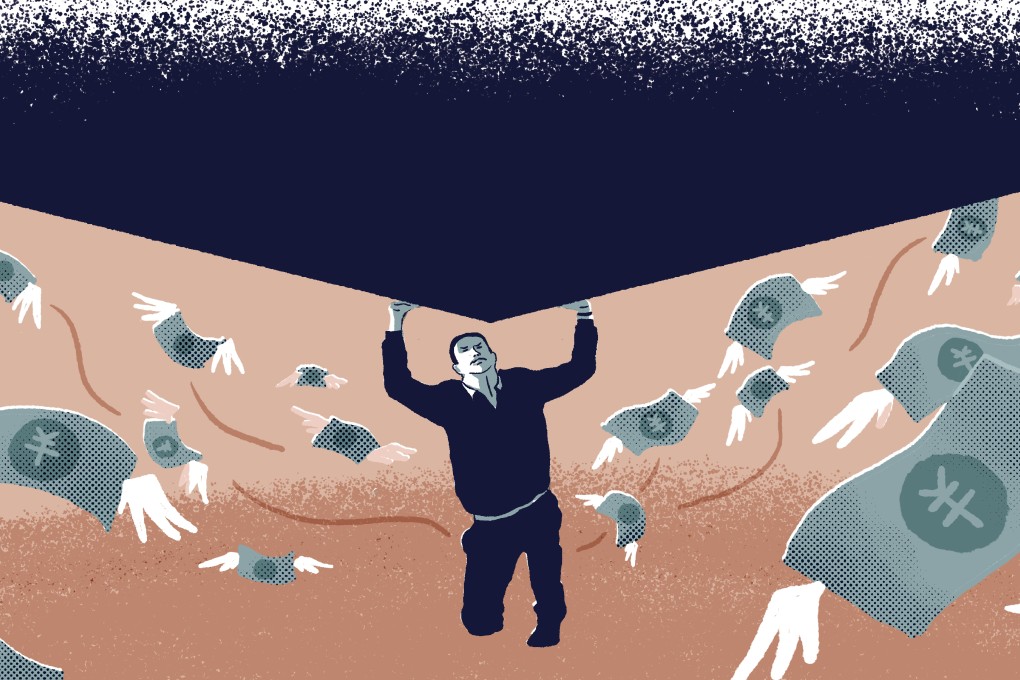China’s middle class frets the ‘good times’ are over amid sliding house prices, stagnant wages
- The urban middle class have been among the biggest winners of China’s economic boom over the past five decades, but their confidence has been shaken
- China’s economic growth has slowed and their incomes and assets are taking a hit, with non-essential spending on cars, home appliances and private education cut

While the US-China trade war has been on the lips of politicians and analysts from Beijing to Washington, millions of middle class Chinese are increasingly anxious about a problem closer to home: the sliding value of their incomes and assets as the country’s breakneck economic growth begins to stutter.
“There is no doubt that our family’s net worth will shrink this year,” said Alice Zhou, a Beijing-based businesswoman in her 40s. “This can be confirmed from the obvious decline of business and property prices among my friends and I in the past couple of years.”
According to Zhou, the “good times” of 2015-16 are over having been forced to close around half of the cafes and indoor amusement parks she owned in Beijing and Tianjin since 2018.
There is no doubt that our family’s net worth will shrink this year
“My business revenue has been dropping since late 2018 because most of the main consumers of my indoor amusement parks are Beijing’s middle-class couples who are now in their 30s and 40s. Most of them have one or two kids and usually need to make a repayment of at least 20,000 yuan (US$2,900) per month for property mortgages, and another 10,000 yuan for the family’s living expense.” Zhou said.